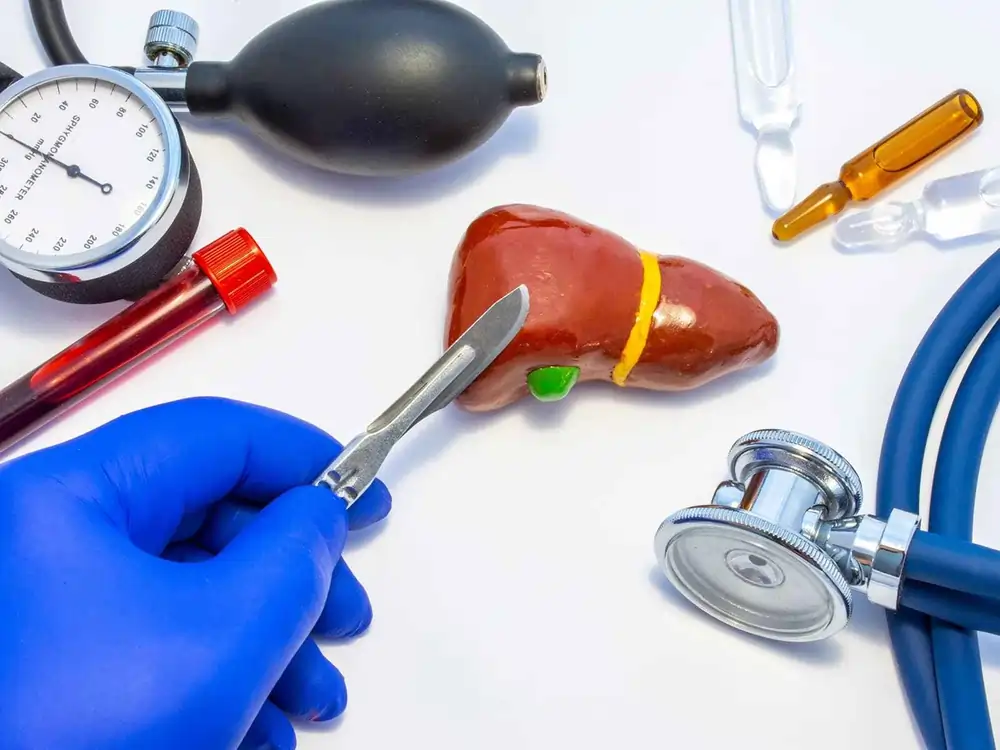
Jackhammer esophagus is an infrequent motility disorder in which esophagus muscles contract very hard when one swallows. It is hypercontractile esophagus, and its consequences may include excruciating chest pains and difficulty in swallowing. Medical doctors detect it through high-resistance esophageal manometry, which is a test to gauge the extent of the pressure and coordination of every swallow.
Symptoms often include:
It is not always understood what makes jackhammer esophagus, though it can be caused by the following:
In Jersey Village, at GastroDoxs, our highly trained staff provides specialized testing of manometries, specific treatment options, including muscle relaxers and Botox vaccine, as well as the innovative and endoscopic care methods, such as POEM. We will provide patient-centered care with compassion that ensures that the symptoms of Jackhammer Esophagus are treated and that you are again comfortable.
Don't wait to ease your swallowing pain. 832-632-4070 or book your appointment online today and take the first step toward long-term relief.
We've successfully treated more than 99 patients, helping individuals improve their digestive health and overall well-being through expert, personalized care.
With over 20 years of experience, GastroDoxs has been a trusted provider of gastroenterology care, focusing on delivering the best outcomes for patients
It is not conclusive but possibly there is a family connection. Genetics has not been proved to be a direct cause.
It can bring about severe pain and difficulty in swallowing but usually it is not life threatening though can be treated successfully.
Jackhammer Esophagus entails over strong, co-ordinated contractions of the muscles. Achalasia is characterized by poor or no peristalsis and inability of the lower sphincter of the esophagus to relax.
Jackhammer Esophagus has very strong contractions that are coordinated. Diffuse Esophageal Spasm exhibits vernier and irregular contractions.
Nutcracker Esophagus produces high-pressure contractions that are shorter and non-severe in comparison with the ones observed in Jackhammer Esophagus.
The gold standard is the high-resolution manometry. Endoscopy or a barium swallow may also be suggested by your doctor in order to exclude the other conditions.
Yes. Eating smaller, softer meals, avoiding caffeine and spicy foods, sitting upright after eating, and reducing stress can all ease symptoms.
Botox is considered safe and can relax esophageal muscles for several months, reducing spasm intensity and improving swallowing.
Some patients notice relief within a few weeks of starting treatment. Full improvement may take several months, depending on severity and therapy.
If you experience frequent chest pain, food getting stuck, or persistent difficulty swallowing, schedule an evaluation to prevent complications and get timely relief.